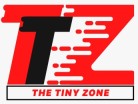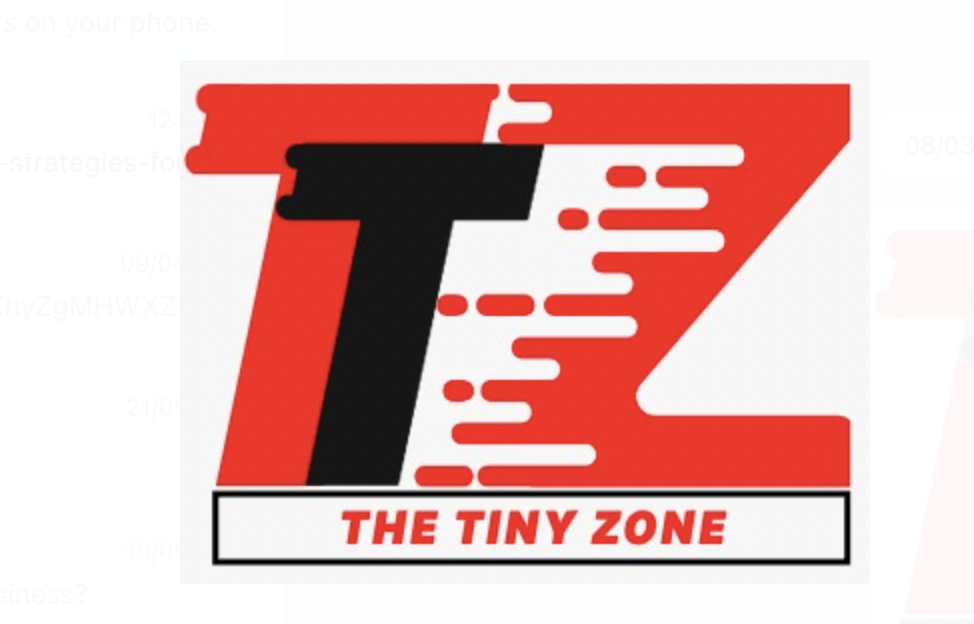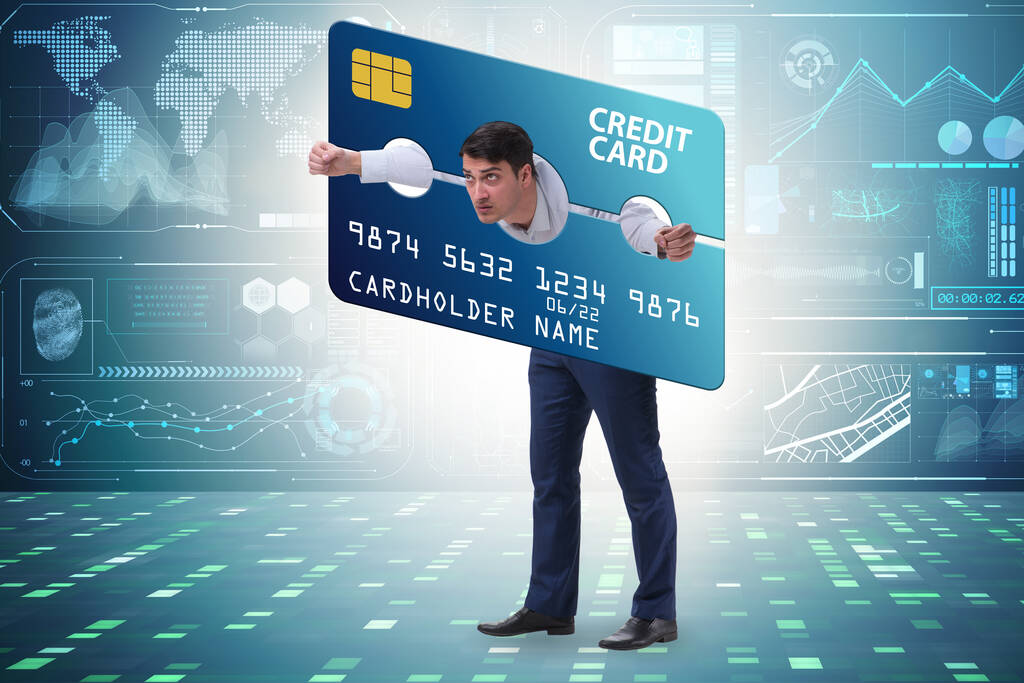Credit card debt can feel like a heavy burden, weighing you down financially and causing stress. But there are solutions available to help you get back on track.
Understanding all your options for credit card debt relief is the first step towards empowering your financial future.
The Growing Problem of Credit Card Debt
Credit card debt is on the rise in America. According to the Federal Reserve, total revolving credit card debt reached over $1 trillion in 2019. The average household owes nearly $9,000 in credit card debt. For many consumers, credit card debt can spiral out of control quickly.
High interest rates are a major factor driving large credit card balances. The average credit card interest rate currently sits around 16%. For households only making minimum payments, interest charges can keep balances growing. Missed payments and over-limit fees also contribute to increasing credit card debt.
The impacts of excessive credit card debt are far-reaching. It can prevent you from saving, force lifestyle cutbacks, and create money fights within families. Most concerning, it can keep you trapped in debt for years without the right solutions. Programs for alleviating credit card debt can offer various strategies to address this issue.
Know Your Credit Card Debt Relief Options
When credit card debt has become unmanageable, relief options are available. Each offers pros and cons to consider:
Credit Counseling
Non-profit credit counseling agencies can help you through debt management plans (DMPs). They negotiate with card issuers to lower your interest rates. You then make one monthly payment to the agency that distributes it across your accounts.
Pros
- Lower interest rates
- Consolidated payment
- Avoid late fees
- Ongoing counseling
Cons
- Credit score impact
- Program fees
- Debt not reduced
Balance Transfer Cards
Balance transfer credit cards allow you to move existing credit card balances over to a new card, typically with a 0% intro APR for 12-18 months.
Pros
- 0% APR period
- Pay down principal
- Easy to obtain
Cons
- Balances revert to high APR later
- Balance transfer fees
- Doesn’t address overspending
Debt Settlement
Debt settlement companies negotiate with creditors to settle accounts for less than you owe. This usually involves stopping payments and letting accounts go delinquent.
Pros
- Settle debt for less
- One payment
- Quick process
Cons
- Major credit score damage
- Collection calls and legal action
- Large program fees
Debt Consolidation Loans
With debt consolidation loans, all credit card balances are paid off through one new personal loan. You then make a single monthly payment to the new lender at a fixed interest rate.
Pros
- Fixed interest rate
- Single payment
- Pay off cards completely
Cons
- Credit score requirements
- Collateral possibly required
- Loan denial risk
Bankruptcy
As a last resort, filing Chapter 7 or Chapter 13 bankruptcy will eliminate or restructure your credit card debts through the legal process.
Pros
- Wipes out or restructures debt
- Stops collection calls and lawsuits
Cons
- Severely damages credit
- Legal fees involved
- Can’t file again for years
This comparison table summarizes the key characteristics of each option:
| Credit Card Debt Relief Option | Credit Score Impact | Interest Rate Reduction | New Monthly Payment | Total Fees |
| Credit Counseling | Moderate impact | Yes | Yes | Program fees apply |
| Balance Transfer Cards | Temporary improvement | Yes, temporarily | Existing payments | Balance transfer fee |
| Debt Settlement | Major negative impact | No | Settlement installments | Large fees likely |
| Debt Consolidation Loans | Minimal impact | Yes | New fixed monthly payment | Interest charges |
| Bankruptcy | Severely damages credit | All debts discharged | None, if debts eliminated | Legal and court fees |
Tips for Choosing the Right Debt Relief Option
With various credit card debt relief options available, how do you determine the best path forward? Here are some key tips for choosing the right solution:
Consult reputable sources:
Nonprofit credit counseling agencies like NFCC.org offer free consultations and advice. They have the expertise to help find the right program. Consumer protection agencies like the CFPB also provide guidance.
Consider your credit score:
If your score is still in decent shape, options like balance transfers or debt management can help avoid further damage. If it’s already poor, more aggressive options may be suitable.
Compare interest rate reductions:
Lower rates create faster payoff potential. Balance transfers and debt consolidation loans reduce rates substantially, while options like debt settlement do not.
Evaluate fees carefully:
Debt relief options like settlement and credit counseling charge program fees that add to your total balance. Minimize fees to maximize debt relief.
Weigh given benefits:
What’s most important to you? Stopping collection calls? Low monthly payments? Credit score protection? Compare benefits.
Match timelines realistically:
Some options provide quicker resolution than others. Make sure to choose a solution that you can stick with long enough to achieve results.
Consider your discipline level:
Will you avoid racking back up card balances? If not, consolidating debts into one new loan with fixed payments removes temptation.
FAQs
Q1: What debt relief options allow you to pay off cards completely?
Debt consolidation loans and balance transfer cards both allow you to pay your credit card balances down in full over time. Bankruptcy also eliminates card debts completely.
Q2: How quickly can my credit card debt be resolved?
Debt settlement usually provides the fastest debt resolution, often within 1-3 years, but causes credit damage. Debt management takes 3-5 years typically but protects credit. Consolidation loans take about 5-7 years to pay off debts.
Q3: Which option works with late or delinquent credit card accounts?
Debt settlement works with late accounts making it a choice for delinquent debt. Bankruptcy also eliminates debts in default. Balance transfers and debt management require accounts to be current initially.
Q4: What credit card debt relief options allow you to avoid interest?
Balance transfer cards pause interest for their promotional period. Debt settlement allows you to settle accounts for less than owed, removing interest. Bankruptcy eliminates all interest upon discharge of debts.
Q5: Is credit counseling or debt consolidation better for credit card debt?
Credit counseling is generally better if your credit score remains decent. It avoids a new loan while lowering interest rates. Debt consolidation loans make sense for those with poor credit as counseling may not reduce rates enough.
Take Control of Your Financial Future
Credit card debt can hold you back from achieving your financial goals, but the right relief strategy can help you break free from burdensome balances. Evaluate all your options thoroughly and choose the solution that best fits your needs and current situation.
With the right plan, you can take control of your finances and empower your future. The path to becoming debt-free may take time, but the long-term benefits of financial freedom make it worthwhile.


